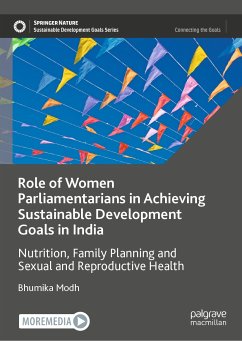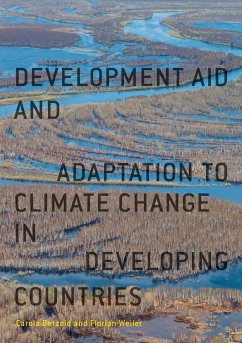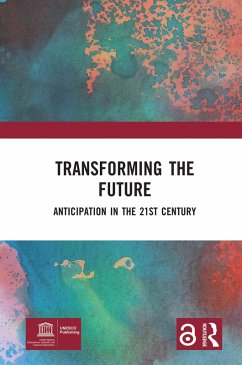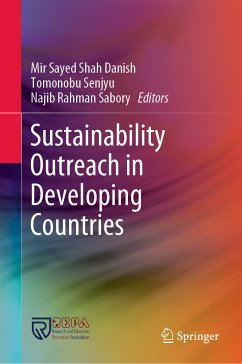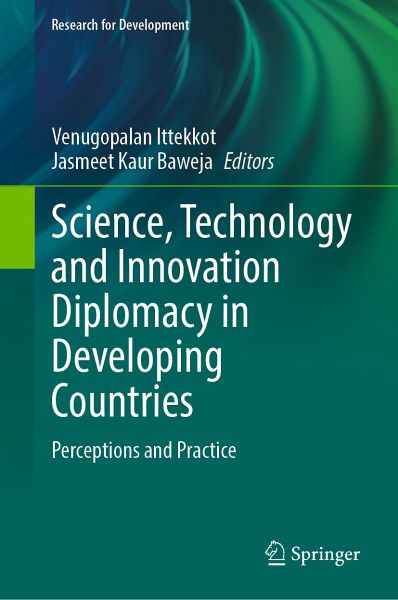
Science, Technology and Innovation Diplomacy in Developing Countries (eBook, PDF)
Perceptions and Practice
Redaktion: Ittekkot, Venugopalan; Baweja, Jasmeet Kaur
Versandkostenfrei!
Sofort per Download lieferbar
72,95 €
inkl. MwSt.
Weitere Ausgaben:

PAYBACK Punkte
36 °P sammeln!
This book provides a developing country perspective on the internationalization of science and the role of Science, Technology and Innovation Diplomacy (STID) in leveraging scientific cooperation for sustainable development. In articles by individuals from government departments and academic & research institutions in nine developing countries, it provides a conceptual understanding of the subject and reveals the prevailing perceptions on its praxis/practices. The articles highlight the significance of international cooperation at bilateral, regional and multilateral levels and the need for st...
This book provides a developing country perspective on the internationalization of science and the role of Science, Technology and Innovation Diplomacy (STID) in leveraging scientific cooperation for sustainable development. In articles by individuals from government departments and academic & research institutions in nine developing countries, it provides a conceptual understanding of the subject and reveals the prevailing perceptions on its praxis/practices. The articles highlight the significance of international cooperation at bilateral, regional and multilateral levels and the need for strengthening the role of STID in foreign policy and strategies of governments.
The book is a useful reference material to government officials, diplomats,academicians, researchers, science counsellors, international relations experts, science and technology professionals and other stakeholders from the developing countries and transition economies, dealing with economic and developmentalpolicy issues and/or science, technology and innovation (STI) issues in understanding the praxis and prospects of STID. The book is also useful for scholars and international relations experts from developed countries in understanding STI and related issues that affect the relationship of developing countries and transition economies with their partners from the developed world. ¿
The book is a useful reference material to government officials, diplomats,academicians, researchers, science counsellors, international relations experts, science and technology professionals and other stakeholders from the developing countries and transition economies, dealing with economic and developmentalpolicy issues and/or science, technology and innovation (STI) issues in understanding the praxis and prospects of STID. The book is also useful for scholars and international relations experts from developed countries in understanding STI and related issues that affect the relationship of developing countries and transition economies with their partners from the developed world. ¿
Dieser Download kann aus rechtlichen Gründen nur mit Rechnungsadresse in A, B, BG, CY, CZ, D, DK, EW, E, FIN, F, GR, HR, H, IRL, I, LT, L, LR, M, NL, PL, P, R, S, SLO, SK ausgeliefert werden.






